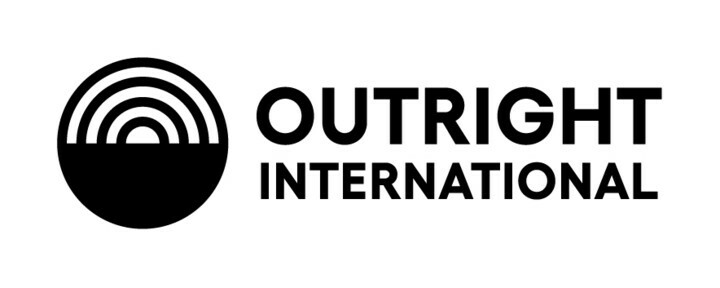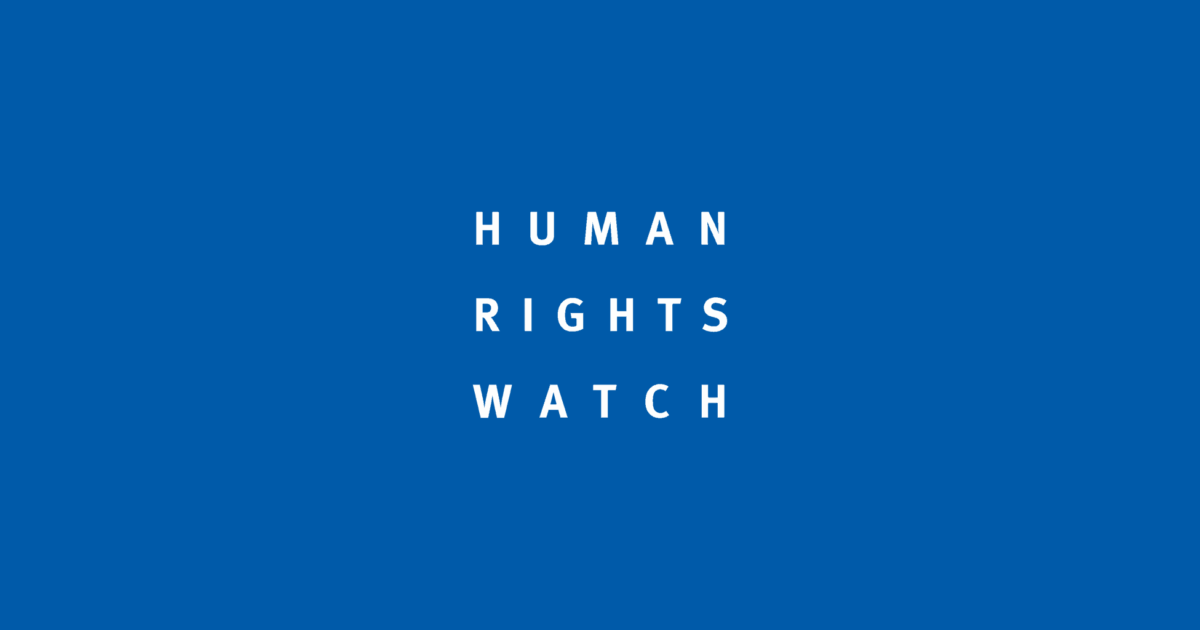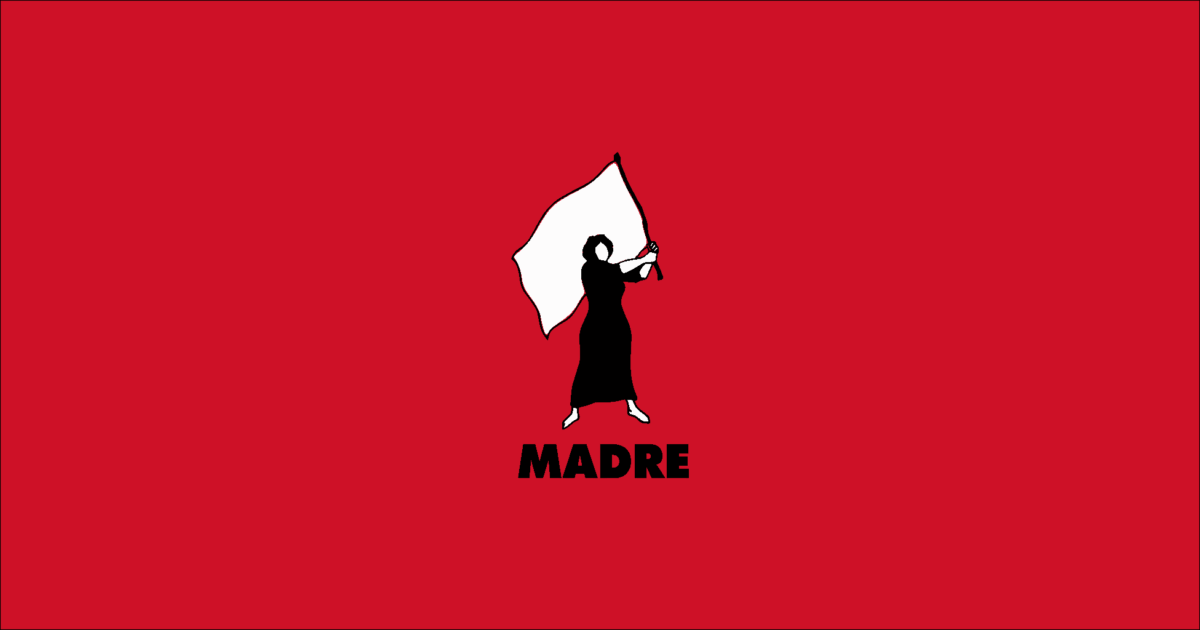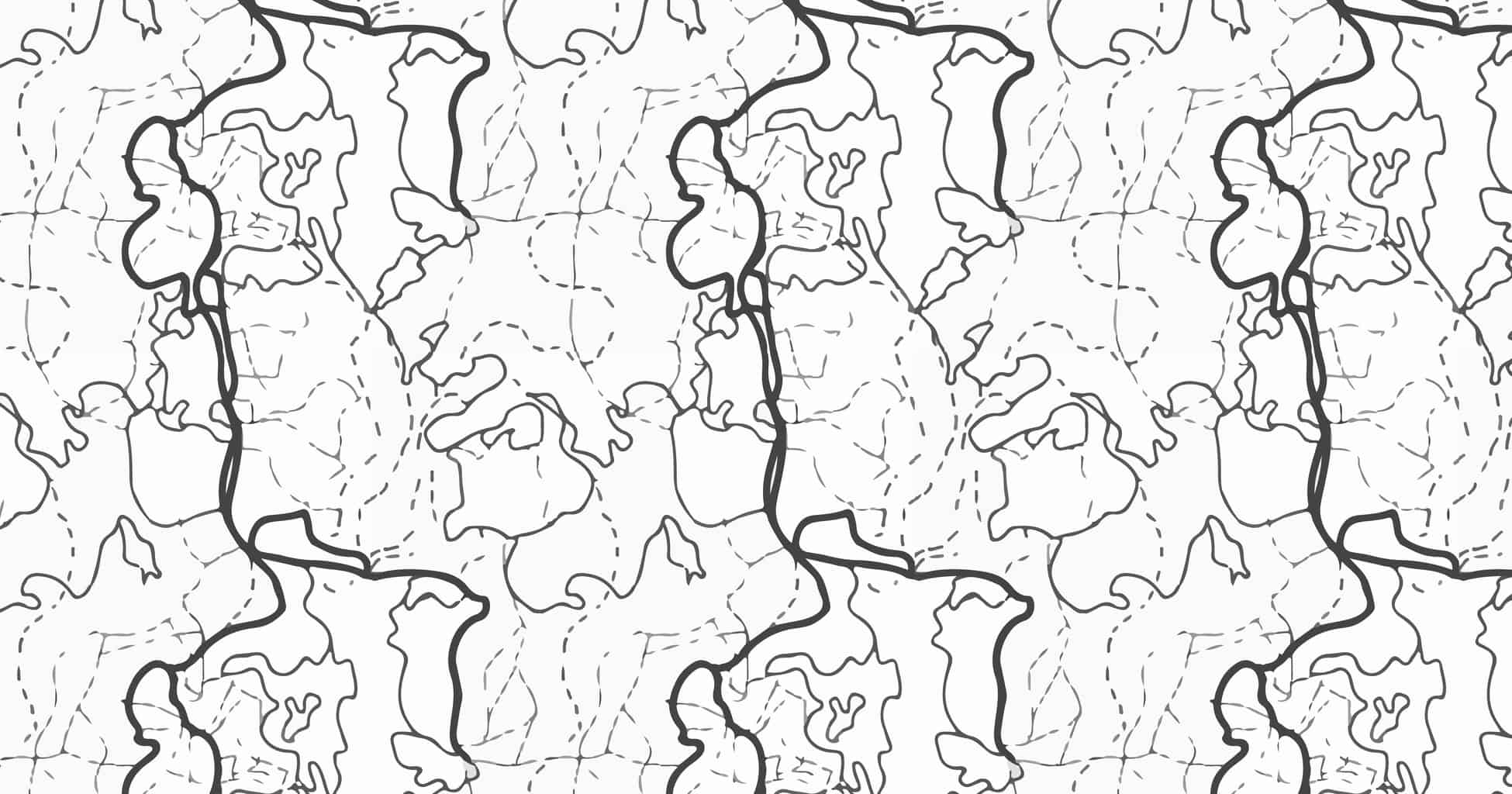Syria & Golan Heights
Syria & Golan Heights
Since 2011, Syria has been on the United Nations Security Council’s agenda, when President Assad’s aggressive actions against pro-democracy protesters during the Arab Spring became more frequent and increasingly violent, leading to civil war and terrorist violence within the country.
Insecurity is the primary concern for women, yet in spite of their limited operating environment, women activists have organized nonviolent protests, distributed and monitored humanitarian aid, documented human rights violations, created safe spaces for women and children, and worked at the local level to set up ceasefires, prisoner releases, and elections.
Based on the work of NGOWG members and their partners, the NGOWG advocates for ensuring women’s needs— such as secure access to sanitation facilities and hygiene, and health assistance— are adequately addressed, and that Syrian women are equally and meaningfully participating in the UN-facilitated political process and in the design and implementation of ceasefire monitoring mechanisms.
Golan Heights
Golan Heights, a disputed plateau in south-western Syria, is home to an equal number of Syrians and Jewish settlers, and since 1973, United Nations Disengagement Observer Force (UNDOF) peacekeepers have observed a contested territorial line between Israel and Golan Heights.
In the current Syrian conflict, Golan Heights has become a key strategic geopolitical position, causing an escalation in violence and increased violations of the ceasefire territorial agreements. Recent advances and attacks by the Islamic State of Iraq and the Levant (ISIL) have concerned residents of Golan Heights— particularly given ISIL’s systematic denial of women’s rights and perpetuation of violations against women.
Based on the work of NGOWG members and their partners, the NGOWG advocates for addressing the increasing gender imbalance in UNDOF by deploying a higher percentage of women, and inclusion of gender-specific language in the UNDOF mandate.
Current and Past Recommendations to the UN Security Council (Monthly Action Points)
The Council has received the report of the independent international commission of inquiry on the Syrian Arab Republic, established by the Human Rights Council in August 2011, which concludes that crimes against humanity have been committed in that country. The commission of inquiry received testimony of sexual violence committed by security and military forces, mostly against men and boys, and that women were threatened and insulted during house raids by the military and security forces. Defectors from the military and security forces indicated that they had been present in places of detention where women were sexually assaulted. In its discussions regarding the situation in Syria, the Council should:
- Demand that Syria end the widespread human rights abuses committed by government forces, including the use of excessive and lethal force against demonstrators, arbitrary detention and torture;
- Refer the situation in Syria immediately to Prosecutor of the International Criminal Court;
- Impose a complete arms embargo on Syria preventing the transfer of all weaponry, munitions and related equipment and the provision of personnel and assistance;
- Implement an asset freeze against President Bashar al-Assad and others who may be involved in ordering or perpetrating serious violations of human rights or international humanitarian law;
- Demand that Syria cooperate fully with the Independent International Commission of Inquiry established by the UN Human Rights Council and the monitoring mission established by the Arab League, including by providing both with immediate and unfettered access;
- Invite the UN High Commissioner for Human Rights to periodically brief the Council on the situation in Syria;
- Consider the conclusions and recommendations of the report of the UN Commission of Inquiry on Syria; and
- Demand access for humanitarian missions, independent journalists, and independent human rights organizations.
The Council has received the report of the independent international commission of inquiry on the Syrian Arab Republic, established by the Human Rights Council in August 2011, which concludes that crimes against humanity have been committed in that country. The commission of inquiry received testimony of sexual violence committed by security and military forces, mostly against men and boys, and that women were threatened and insulted during house raids by the military and security forces. Defectors from the military and security forces indicated that they had been present in places of detention where women were sexually assaulted. In its discussions regarding the situation in Syria, the Council should:
- Demand that Syria end the widespread human rights abuses committed by government forces, including the use of excessive and lethal force against demonstrators, arbitrary detention and torture;
- Refer the situation in Syria immediately to Prosecutor of the International Criminal Court;
- Impose a complete arms embargo on Syria preventing the transfer of all weaponry, munitions and related equipment and the provision of personnel and assistance;
- Implement an asset freeze against President Bashar al-Assad and others who may be involved in ordering or perpetrating serious violations of human rights or international humanitarian law;
- Demand that Syria cooperate fully with the Independent International Commission of Inquiry established by the UN Human Rights Council and the monitoring mission established by the Arab League, including by providing both with immediate and unfettered access;
- Invite the UN High Commissioner for Human Rights to periodically brief the Council on the situation in Syria;
- Consider the conclusions and recommendations of the report of the UN Commission of Inquiry on Syria; and
- Demand access for humanitarian missions, independent journalists, and independent human rights organizations.
Relevant Resources








